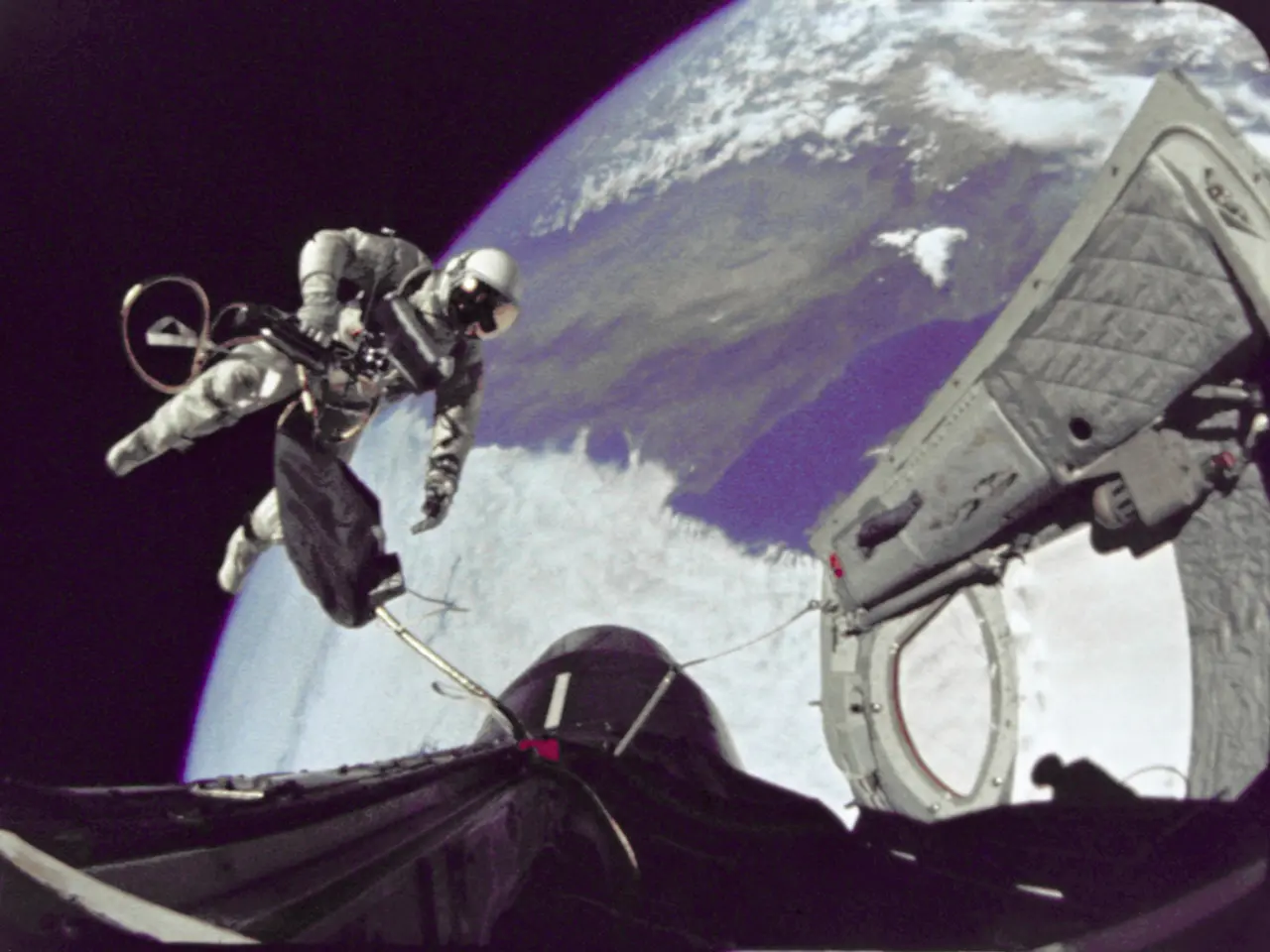"Borderless Perspective": Shubhanshu Shukla's Cosmic Vision of the Earth From Space
Group Captain Shubhanshu Shukla's recent voyage aboard the Axiom-4 mission offered a unique perspective on Earth and humanity, as he and his crew spent nearly 20 days aboard the International Space Station (ISS).
From his vantage point in space, Shukla observed the unity of Earth, viewing it as a spiritual mission. He was overwhelmed by the love, messages, and support he received from every corner of India, filling him with a new kind of purpose.
During the mission, the astronauts conducted over 60 scientific experiments and engaged with views of Earth from orbit, which fostered a profound appreciation for global unity and cooperation. This historic mission marked a significant milestone for India, Poland, and Hungary, countries returning astronauts to space after decades.
Shukla's reflections from space echoed India's universal value "Vasudhaiva Kutumbakam", emphasizing the shared humanity, destiny, and home across the cosmos. The crew's joint dedication to science and exploration reflected a broader message that cooperation can push humanity farther than any single country alone.
In a conversation with Prime Minister Narendra Modi from space, Shukla described his space journey as equally belonging to the people of India. His experience is expected to influence astronaut training, mission protocols, and public engagement for India's Gaganyaan program.
Shukla became the first Indian to visit the ISS and only the second Indian astronaut after Wing Commander Rakesh Sharma's 1984 mission. The mission, brokered by Axiom Space in collaboration with NASA and SpaceX, cost India nearly $70 million.
After returning from the 20-day mission, Shukla described his experience as transformative. He expressed his readiness for future space missions and discussed the physical and psychological adaptations required for space travel.
Shukla's mission was not just a scientific endeavor; it was a spiritual one that reaffirmed the unity of Earth and humanity. The Earth, without borders or divisions, gave him a sense of planetary unity.
In conclusion, Shukla's Axiom-4 flight demonstrated how space travel broadens astronauts' perspectives, fostering a sense of planetary stewardship and shared human endeavor rooted in the awe-inspiring view of Earth from space and the collaborative spirit of international missions.
The astronaut's journey, emphasizing the shared humanity across the cosmos, was not only a scientific exploration but also a spiritual mission with decision-makers in health-and-wellness and technology equally intrigued by the profound insights it offered about global unity and cooperation in space-and-astronomy. The joint dedication of the crew to scientific advancements and space exploration underscores the potential for collaborative progress in various fields beyond space travel.




